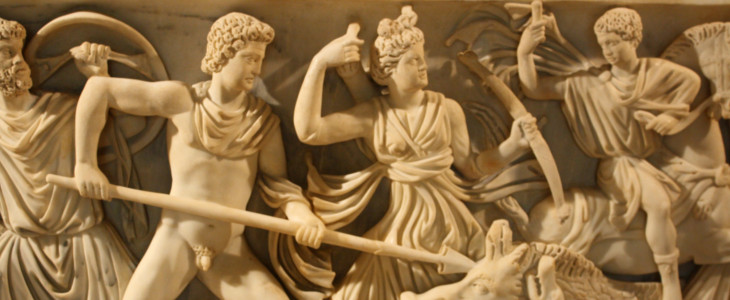The Bachelor Tax of 1927
A bachelor tax is a tax imposed on bachelors. The historical motives for imposing a bachelor tax have varied greatly from encouraging marriage, encouraging population growth, penalising delinquent and irresponsible bachelors, to simply raising government revenue. As Oscar Wilde (Irish Novelist and Poet, 1854-1900) said, ‘Rich bachelors should be heavily taxed. It is not fair that some men should be happier than others’.
The first bachelor tax was introduced in 9 AD by emperor Augustus to encourage marriage. It was called the ‘Lex Papia Poppaea’, and apart from taxing bachelors also taxed married people with no children, and those who were celibate. An exception was granted to Vestal Virgins (Ulp. Frag. xvii.1).
In 1695, the English parliament passed The Marriage Duty Act or Registration Tax, which imposed a tax on bachelors over the age of 25. The tax was primarily a revenue raising mechanism for war on France. The tax raised little revenue and was abolished in 1706.
In 1821, the US state of Missouri applied a $1 tax on all unmarried men. In 1921, the US state of Montana applied a $3 tax on all bachelors. In response to California’s low birth rate, in 1934 they proposed a $25 bachelor tax. The tax was never enacted.
Benito Mussolini enacted a bachelor tax in Italy in 1927. The taxes twin objectives were to raise 50 million lira of revenue per year, and increase the Italian population. Mussolini was concerned that there were only 40 million Italians compared to 90 million Germans and 200 million Slavs. By 1936, Italian bachelors paid nearly double the normal income tax rate.
To avoid the bachelor tax, the solution was simple, just get married. Italy’s bachelor tax was repealed in 1943.
"You’d be stupid not to try to cut your tax bill and those that don’t are stupid in business"
- Bono: U2





